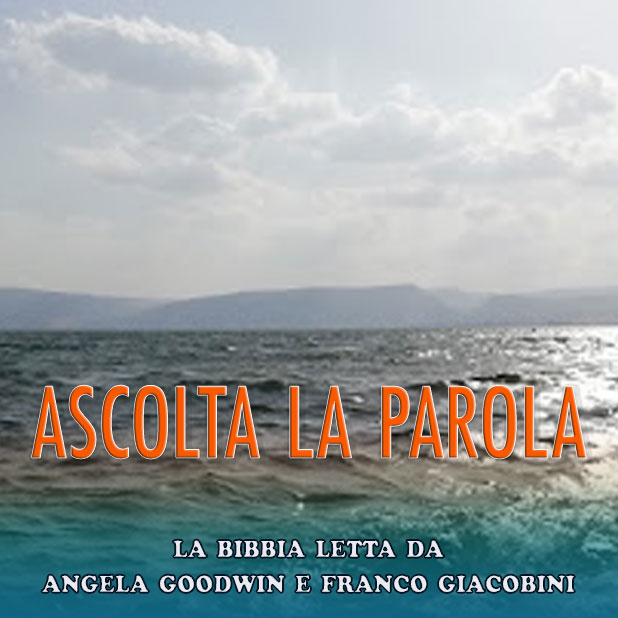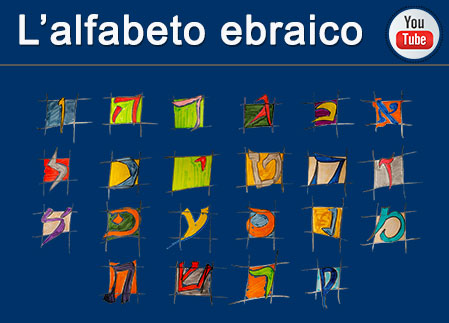First International Jesuit Congress
Polonia 31/12/1998
The first international congress of Jesuits working in the field of Jewish-Christian relations was held in Krakow, Poland, on 27-31 December 1998, with the theme "Jesuits and Jews: Towards Greater Fraternity and Commitment." The congress, which brought together 40 Jesuits from nine assistancies, was hosted by the South Polish Province and organized by the Secretariat for Interreligious Dialogue at the Jesuit Curia in Rome.For many years, Jesuits in various countries had been working on various aspects of Jewish-Christian relations, but this was the first time that they came together to share their concerns and the results of their research and experience. At this first meeting, no particular topic could be exhaustively explored, but the main areas of Jesuit interest were presented and discussed.
Concerns focussed on four areas:
1. Biblical themes of relevance for Jewish-Christian relations today
2. Historical questions of Christian attitudes towards Jews; the experience of the Holocaust and Jewish-Christian relations after the Holocaust
3. The encounter with modern Jewish thought
4. Interreligious concerns in the state of Israel
The congress was held near Oswiecim, Poland, the site of the infamous death camps of Auschwitz and Birkenau. On 30 December, a memorial service to commemorate the Holocaust victims was held on the site of the gas chambers of Birkenau, led by Rabbi Leon Klenicki, peritus for the Congress, and Frs. Joseph Sobb (AUS) and James Conn (MAR).
In their final Report to Fr. General (enclosed), the participants noted questions for Jesuits raised by the encounter of Jews and Christians.
A wide range of activities, focussing on Jewish-Christian-Muslim dialogue, planned to be held in Jerusalem in the year 2000 were discussed, among which is the proposed Second International Congress of "Jesuits and Jews." Jesuits interested in obtaining more information about the Jerusalem 2000 program and the Second International Congress can write to: Tom Michel, S.J., Secretary for Interreligious Dialogue, Curia, Rome, e-mail: interrel@sjcuria.org
--------------------------------------------------------------------------------
REPORT TO FATHER GENERAL
ON THE FIRST MEETING OF JESUITS AMONG JEWS
KRAKOW 27-31 DECEMBER 1998
We, a group of Jesuits who are educators, theologians, exegetes and pastors, engaged in dialogue with Jews, Jewish religion, thought, culture and history in many different geographical and cultural contexts, have concluded a first meeting in Krakow, Poland. We have gone to Auschwitz and Kazimierz (the ancient Jewish quarter of Krakow). Together they symbolize the complexity of the Jewish experience in the Christian world; from the welcome by Casimir the Great in the 14th century of Jews fleeing persecution in Western Europe to the genocidal extermination of the Jews carried out on Polish soil by the Nazis in the 20th century. Here we have been challenged to re-examine and affirm our commitment as Jesuits to the present reality and future of Jewish-Christian dialogue. In affirming the importance of the dialogue as Jesuits, as Catholics and as Christians, we hope that it finds its proper place among the priorities of the Society of Jesus.
We hope to have established here a new forum of dialogue among Jesuits to reflect upon the following questions which were raised.
HISTORY
How can we, as Jesuits, most aptly respond to the call of Pope John Paul II for a profound examination of conscience in relation to our history, particularly our history with the Jews? In a spirit of true repentance, how can we meditate upon our Jesuit history which moves from St. Ignatius' appreciation of the Jewishness of Jesus to a certain Jesuit complicity in the teaching of contempt for Jews and Judaism? How can we deepen our understanding of this history in order to strengthen our resolve to fight against all manifestations of anti-Judaism, anti-Semitism and racism?
THEOLOGY
How can we assimilate the impact of Jewish-Christian dialogue into every aspect of our theology? In particular, how can we bring our appreciation of the Jewish identity of Jesus to bear upon our Christology, and our recognition of the permanent witness of Judaism as a living faith to bear upon our Ecclesiology and upon our understanding of what inculturation means in the multiple cultures of our world today? How do we reflect upon the Jewish roots of Christianity, the presence of Jews in our societies, on their vocation and their understanding of covenant? What do our insights about Jews and their insights about Christians imply for a Christian understanding of religious pluralism?
HERMENEUTICS
How we can creatively refer to Scripture and Tradition in order to reform, even revolutionize our conversations and relations with Jews? How can we renew, in particular, our understanding of the person of Jesus, a first century Galilean Jew, his attitudes to his people and their religion, society and their relation to other peoples? How we can contribute to a better understanding of what happened in the first and following centuries as Judaism and Christianity parted ways?
MINISTRY
How can we respond pastorally to our various situations in which Jewish-Christian neighbourliness create realities of co-responsibility and collaboration in local communities, intermarriage, majority-minority tensions and other forms of interaction? Do we have a particular Jesuit contribution to make as Jews and Christians seek increasing to share liturgically and spiritually, joint moments of joy and grief? How can we grow in sensitivity in relation to Jewish sensibilities?
PEACE AND JUSTICE
How can Jesuits work together with Jews, Christians and others to further the cause of peace and justice? How can we foster the search for peace in the Middle East and in the struggle between Israeli Jews and Palestinians Arabs? How should we serve as a bridge to facilitate communication among Jews, Muslims and Christians in full awareness that we have in the past too often failed both Jew and Muslim?
CLOSING
Seeking together to answer these questions, we are profoundly aware of the diverse contexts in which each one of us has contact with Jews and Judaism. This diversity of context can help us, as Jesuits, to serve the Church's search for a new relationship with Jews based on dialogue and respect in the Third Millennium. In this connection, we would like to renew the appeal of the 34th General Congregation to Father General to consider extending the apostolate of the Jesuit Community in Jerusalem. Ignatius was once called to Jerusalem. Are we not called to Jerusalem yet again in order to discern a particular Jesuit vocation to friendship with the Jewish people? The first moment in that friendship is a renewed willingness to listen to Jews, their desires and their dreams. In Krakow we were privileged to have had with us Rabbi Leon Klenicki whom we thank for assisting us with his learning and experience.
Finally, we would like to express debts of gratitude:
— to Fr. General for having convoked this meeting and for his message to us.
— to Frs. Tom Michel and Arij Roest Crollius for their work in planning the meeting.
— to the South Polish Province, to its Provincial, to the Superiors at the Krakow Scholasticate and in particular to the Jesuit scholastics, not only for their warm hospitality but also for their fraternal and attentive response to our every need.
Krakow, 31.12.1998
242 visualizzazioni.
Inserito 01/01/1970
Relazioni Ebraico-Cristiane
Ultime novità nel sito
- 19/04/2020: Articolo - L’enigma della Maddalena
- 23/02/2020: Articolo - Il locus amoenus nelle catacombe ebraiche e cristiane di Roma
- 16/02/2020: Articolo - Il profetismo nel Vicino Oriente antico
- 13/02/2020: Articolo - I Profeti della Cappella Sistina
- 09/02/2020: Articolo - Gerusalemme e la Terra Santa di Israele


